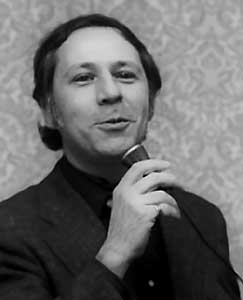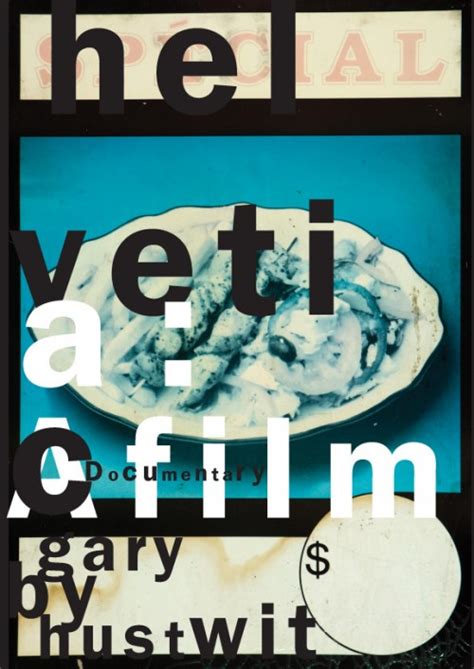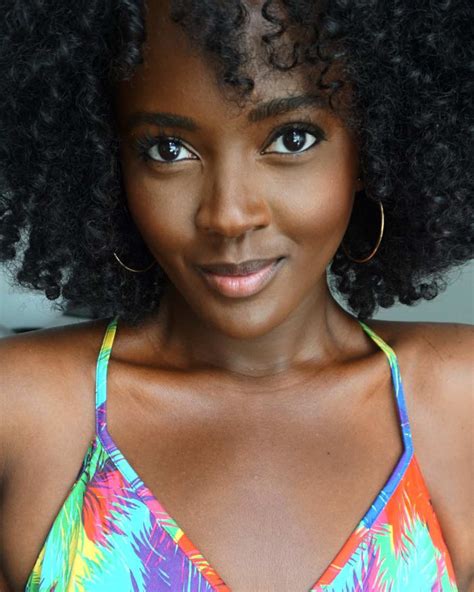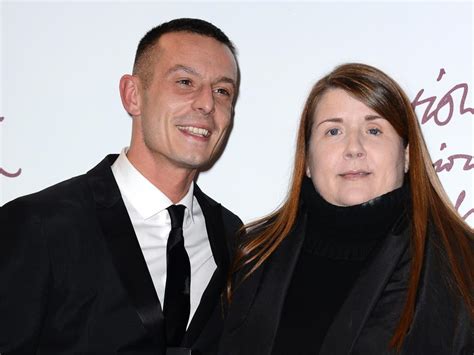A Quote by Ben Bova
Omni is not a science magazine. It is a magazine about the future...Omni was sui generis. Although there were plenty of science magazines over the years...Omni was the first magazine to slant all its pieces toward the future. It was fun to read and gorgeous to look at.
Related Quotes
You've probably heard the stories about how io9 got its name. And maybe you know that io9 co-founder Charlie Jane Anders and I were inspired by Kathy Keeton, whose groundbreaking magazine 'Omni' combined coverage of real science with science fiction. But what you probably don't know is how unlikely it was that io9 ever succeeded at all.
Before I went to boarding school, I had never read a fashion magazine. I grew up on a council estate in London, and fashion magazines were a luxury item that weren't even on my mind. The closest I got to a fashion magazine was my cousin's 'Top of the Pops' magazines, where we would learn the lyrics to every song and put posters on our walls.
I was co-editor of the magazine called The Jazz Review, which was a pioneering magazine because it was the only magazine, then or now, in which all the articles were written by musicians, by jazz men. They had been laboring for years under the stereotype that they weren't very articulate except when they picked up their horn.
I try to make time for reading each night. In addition to the usual newspapers and magazines, I make it a priority to read at least one newsweekly from cover to cover. If I were to read what intrigues me- say, the science and business sections - then I would finish the magazine the same person I was when I started. So I read it all.


































